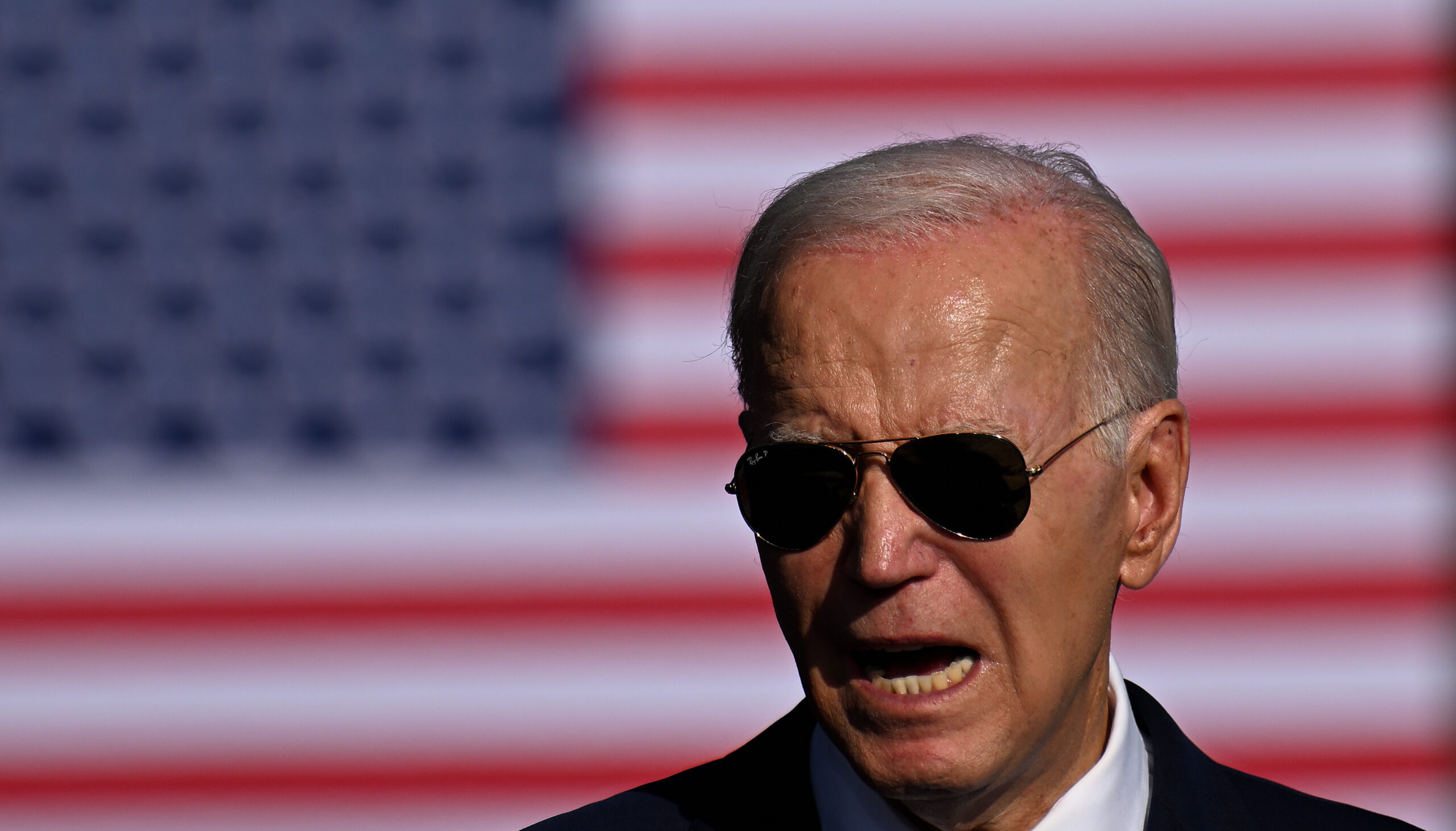In a recent appearance on Sky News, US Treasury Secretary Janet Yellen was pressed on whether the United States could afford to devote resources to the conflicts in both Ukraine and Israel. Praising the American economy, Yellen bluntly replied that “America can certainly afford to stand with Israel and to support Israel’s military needs and we also can and must support Ukraine in its struggle against Russia.”
Yellen’s remarks come at a time when the latest US annual deficit has crested to an eye-popping $2 trillion. Indeed, President Joe Biden may be facing the same “guns and butter” tension that perplexed his Democratic predecessor Lyndon Baines Johnson. In the Sixties, Johnson poured money into both the Vietnam War (“guns”) and the Great Society expansion of the welfare state at home (“butter”). And it was LBJ’s fiscal policies that helped contribute to the inflation of the late Sixties and Seventies, which resulted in pushing the US off the gold standard.
Biden may now be grappling with his own version of this challenge. On one hand, American financial commitments to Ukraine since Russia’s invasion have totalled around $113 billion, a small fraction of the over $6 trillion in annual federal expenditures. On the other, the growth of domestic spending supported by Biden could place significant fiscal pressures on the American defence budget over the long term.
The White House’s 2024 budget proposal reveals this tension. A president’s annual budget is mostly a messaging document, but the message communicated by Biden’s 2024 budget is at odds with his foreign policy.
Even as it pledges to honour (and, in some cases, extend) American defence commitments, the Biden administration projects minor increases in the defence budget over the next decade — and an overall reduction in defence spending relative to the US economy. The proposal says it would aim to shrink the size of defence spending as a percentage of GDP from 3% in 2023 to 2.5% in 2033. In the War on Terror era, the demands of multiple military theatres prompted the United States to spend between 4.5% and 5.5% of its GDP on defence. Biden says he aims to keep U.S. defence spending well below that threshold.
The White House’s budget projects an average annual deficit of over 5% of GDP for the next decade, a historically unprecedented number outside major economic downturns or world war. Yellen’s rosy assessment of the state of the American economy stands in stark contrast to the massive deficits run by the federal government at the moment. Raising defence spending to earlier historical levels would only add to the burden of those deficits. By 2028, the administration projects that the United States will spend more money servicing its debt than on its defence programmes.
Perhaps the more pressing geostrategic question is not simply whether the United States can afford support for Ukraine and Israel. It’s whether the United States can do so while also maintaining enough financial resources and defence materiel to be able to project power abroad in response to additional challenges. Those bigger strategic reserves will be especially important in high-stakes geopolitical negotiations with China. Maintaining that defence infrastructure will almost certainly require considerably more spending than the White House is willing to admit.
By deferring fiscal trade-offs, deficit spending has been at the core of “Bidenomics.” So far, Biden has been trying to have it both ways on spending — borrowing for both guns and butter. In a time of rising interest rates, that policy might be less sustainable.











Join the discussion
Join like minded readers that support our journalism by becoming a paid subscriber
To join the discussion in the comments, become a paid subscriber.
Join like minded readers that support our journalism, read unlimited articles and enjoy other subscriber-only benefits.
Subscribe